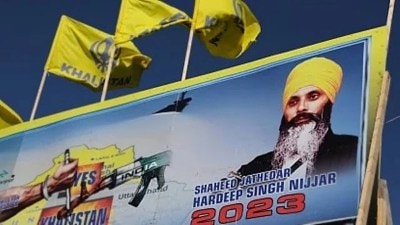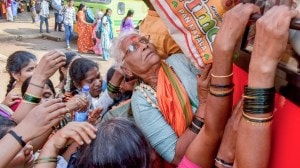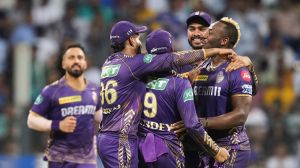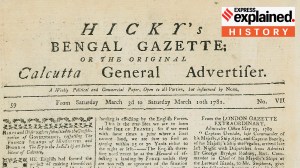- India
- International
Why a horse mandi is significant at Maghi mela
Punjab government had banned horse fairs after two cases of Glanders disease came to light in Bathinda and Ludhiana in May last year.
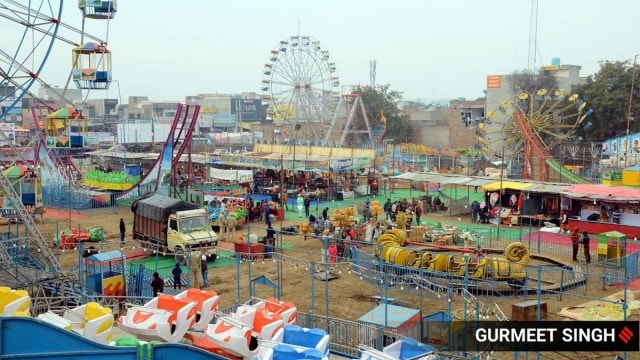 Maghi mela has been celebrated in the city of Muktsar in Punjab for centuries in memory of 40 Sikh warriors who were killed fighting the Mughals in the Battle of Khidrana in 1705. (Express file photo by Gurmeet Singh)
Maghi mela has been celebrated in the city of Muktsar in Punjab for centuries in memory of 40 Sikh warriors who were killed fighting the Mughals in the Battle of Khidrana in 1705. (Express file photo by Gurmeet Singh)After a controversy over banning of horse mandis in Punjab due to Glander’s disease, Punjab government on Thursday allowed the horse fair at Maghi mela in Muktsar from January 9 to 16. A look at the significance and historical importance of horse mandi at Maghi mela.
Ban on horse mandis
Punjab government had banned horse fairs after two cases of Glanders disease came to light in Bathinda and Ludhiana in May last year. As Glanders, a highly infectious and fatal disease of equines is declared notifiable disease by the Centre, the government notified it across the state and did not allow any horse fairs to be organised. The stud farm owners and equine breeders were complaining that they were facing losses as they were not able to sell and buy horses. The government finally lifted the ban and has allowed the mandi to be held at Maghi mela in Muktsar now. The animal husbandry department is headed by its minister incharge Gurmeet Singh Khuddian is an MLA from Muktsar, an area known for presence of studs.
Importance of Maghi Mela
This mela has been celebrated in the city of Muktsar in Punjab for centuries in memory of 40 Sikh warriors who were killed fighting the Mughals in the Battle of Khidrana in 1705. It was after this battle that Khidrana was named Muktsar, or the pool of liberation. The horse mandi has been a constant feature at the mela where the equines are exhibited.
Importance of horse mandis
Horse mandis are organised at several places in Punjab. This year , on Dussehra also, the horse mandi, organised every year in Amritsar was not organised. Similarly, in Jagraon also, the annual feature of horse mandi could not be held due to the disease. The horse breeders and stud owners bring their horses in these mandi for the horse lovers to buy these. Breeders from Rajasthan, Haryana, Uttar Pradesh and Gujarat also participate in these mandis.
Kinds of horses brought to mandis
A stud owner said that mostly Indian breeds are sold and bought in these mandis. The exotic species are usually not taken to these mandis. “It used to happen in the old days when the breeders and traders were dependent only on these mandis to buy and sell horses. Now, this is an era of networking. There are phones and social media. You can get in touch with the breeders for exotic breeds. Nobody wants to bring such expensive horses in mandis as they can contract infections and diseases. Currently also, the government may have lifted the ban on mandi but we are careful,” said a breeder. In these mandis usually horses like Punjab’s Nukra (white horse), Marwari (Rajasthan) and Majjuka line horses are taken to these mandis.

Price of horses
The price depends on the breed and the animal. “There cannot be a set price. Sometimes a Nukra horse is sold for Rs 2 lakh and sometimes for Rs 20 lakh. It is like that. So, in these mandis, the prices vary but they do go up in lakhs,” said a breeder.
Buzzing Now
May 04: Latest News
- 01
- 02
- 03
- 04
- 05


